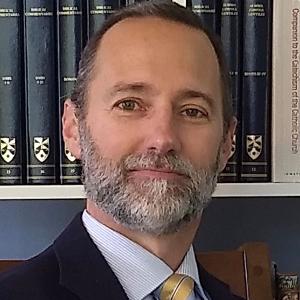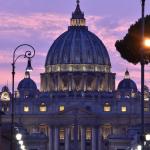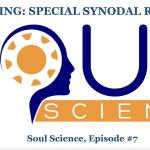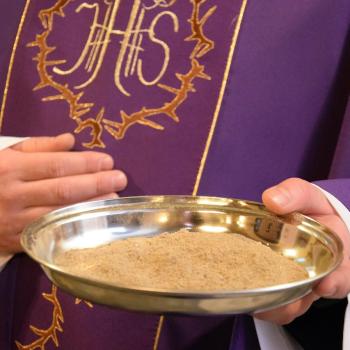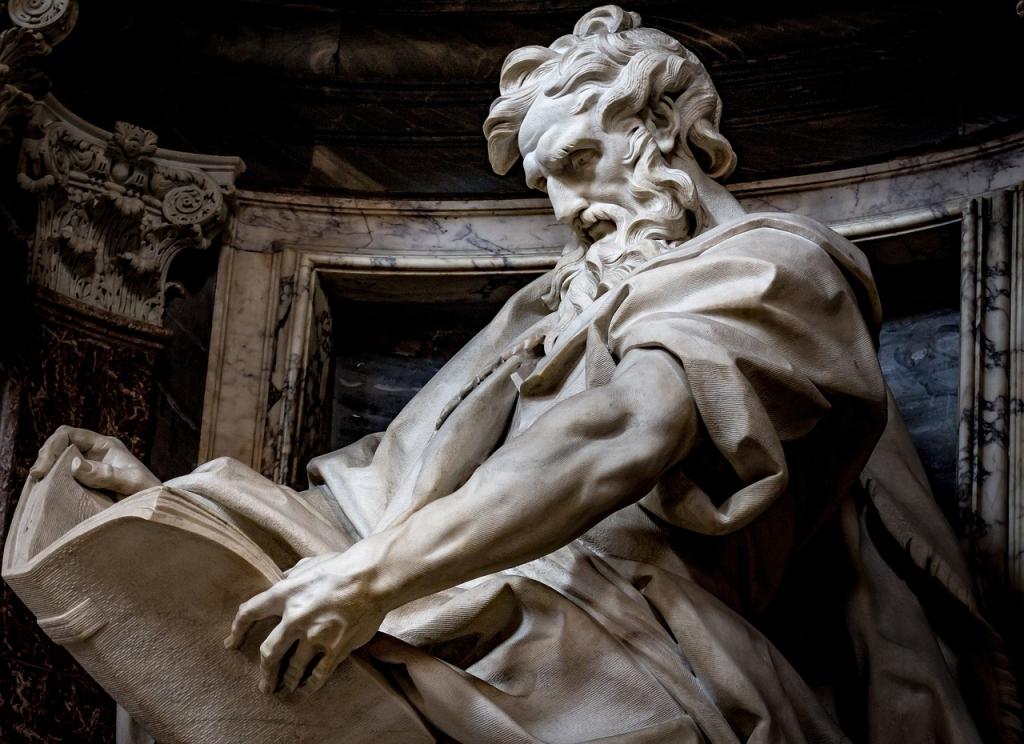
This article is a continuation of the previous post. Here is a brief excerpt from part 1:
[What follows is part 2.]To Whom Are They Listening?
So where did the idea come from that scientific research requires a change in Catholic sexual morality? One source for this idea is the German Synodal Way. The German bishops claim that science has established that homosexuality is a normal, natural variant of human sexuality, and so the teaching of the Church needs to change to reflect the so-called “science.”
But the Germans do not claim the idea as their own. They give credit to Pope Francis for thinking of it first—in Amoris Laetitia. And although the pope never discusses changing the teaching on homosexuality, it is true that, in chapter 7, he declares that science is essential for understanding sexual morality. But actual church teaching on homosexuality may not be essential according to paragraph 3:
“3. Since ‘time is greater than space,’ I would make it clear that not all discussions of doctrinal, moral or pastoral issues need to be settled by interventions of the magisterium [Church doctrine].”
The Root of the Science Heresy
Amoris Laetitia calls for a reorientation of sexual ethics in the direction of science and away from its traditional doctrines, since the former is essential while the latter is not essential any longer. The pope appears to be calling for a change in moral doctrine—something that cannot be changed, as Pope John Paul reminded us in Veritatis Splendor 64:
““Christians have a great help for the formation of conscience in the Church and her Magisterium. As the Council affirms: ‘In forming their consciences the Christian faithful must give careful attention to the sacred and certain teaching of the Church. For the Catholic Church is by the will of Christ the teacher of truth. Her charge is to announce and teach authentically that truth which is Christ, and at the same time with her authority to declare and confirm the principles of the moral order which derive from human nature itself.’”
This Heresy Belongs to Pope Francis
Veritatis Splendor is crystal clear that the Church’s sexual morality, derived from Scripture and Tradition, can never change. But Pope Francis thinks that it must. I just mentioned Amoris Laetitia. Here are a few other times the pope has called for a change in Church teaching:
- Published at the conclusion of the Synod on Synodality, Ad Theologiam Promovendam called for a “cultural revolution” and a “paradigm shift” in theology that relies on science and other disciplines. Isn’t this just more of the same gobbledygook calling for a “science-based” change of Church teaching?
- Then there is the final document of the Synod on Synodality, which I mentioned above. We have Bishop Barron’s own testimony that the document calls for a change in sexual ethics based on science. I do not see any way that the pope can be excused from responsibility for the content of this document.
- Going back a few years, we have the pope’s Christmas address to the Curia from 2019. He stated that the Church was 200 years behind the times and that we need “science” to catch up.
- Within days of the pope’s Christmas address and the announcement of the German synod, the Vatican’s Pontifical Biblical Commission published a book that argued that the Bible was not able to answer contemporary moral issues because it was outdated and culturally biased. The book argued that we need science to address these controversies. The book specifically identified homosexuality as one of these issues that the Bible is not qualified to handle. Sound familiar? How can the pope possibly escape blame for this heretical book?
Rebel Without a Cause?
The pope repeatedly has called for a science-based change in theology. What he has not done is identify the teaching that needs to be changed. Isn’t that odd? How can he be sure that the change we need is a “paradigm shift” if he doesn’t even know what the change is? A spelling error in Veritatis Splendor requires Liquid Paper—not a “cultural revolution.”
And if he knows what needs to be changed in our sexual morality, why doesn’t he just tell us? Why be so coy?
Confronting the Pope of Suspicion
My book Confronting the Pope of Suspicion showed that, historically, the call for a science-based theology has always been associated with a heretical call for the acceptance of homosexuality. This was true in the seventies when the movement was kicked off by a 1974 paper for the Catholic Theological Society of America (CTSA). Its author was a young Catholic theologian named Charles Curran. Today, fifty years later, the German bishops are openly proclaiming these very same Charles Curran heresies.
Thus, for the past fifty years or more, the call for a science-based theology has always been about one thing—the promotion of gay equality and liberation. Now, Pope Francis hasn’t told us exactly that he wants to change the teaching on homosexuality. But even if he has not explicitly committed himself to this heresy, the denigration of Revelation and Bible-based moral doctrine is heretical enough to get this pope deposed, as the “Dubia Cardinals” reminded us.
Dubia, Round II
Many of us have probably already forgotten that, just prior to the fall synod, five Cardinals, including Burke, Sarah, and Zen, issued another set of questions—called dubia—to the pope. The first question asked whether the pope believed that science (“anthropology”) could change Divine Revelation on faith and morals, or whether those doctrines are “immutable” and “binding forever,” as the Church has always taught. Thankfully, faithful shepherds are showing up to defend the Church and her doctrines and to hold this pope accountable. So what’s wrong with the American bishops?
The Fiducia Supplicans Deception
Why have the American bishops defended Fiducia Supplicans while the rest of the world’s bishops have rejected it? Fiducia Supplicans is the Vatican document allowing blessings for gay couples, which was published after the conclusion of the synod. The USCCB put out a statement assuring American Catholics that Fiducia did not make any heretical pronouncements. The statement is abysmally inadequate given the climate right now. The Dubia Cardinals have effectively accused the pope of heresy—the heresy that says that the immutable moral doctrines of the Bible can change. We need a statement of clarification on that question. And don’t forget, it was none other than Bishop Barron himself who identified this heresy in the synod’s final document.
We Need Another Listening Session?
Bishop Athanasius Schneider called Fiducia Supplicans a deception, and I think we can see how right he is. Whether or not it’s in Fiducia, the fact remains that heresy is being promoted by the pope. The pope is responsible for the heresy of the synodal final report. He’s responsible for the heretical book published by the Pontifical Biblical Commission. He’s responsible for Ad Theologiam Promovendam. . . . Through these documents, the pope has called for a change in sexual ethics and a rejection of Divine Revelation. This was not the result of listening sessions as the pope would have us believe. He has been promoting these ideas since he published Amoris Laetitia.
The whole synodal process has been a giant con game. It’s time for us to the put an end to the pope’s charade. And we can use the so-called “listening sessions” to do it. It is imperative that the American Church confronts its bishops over the synod. It was Bishop Barron who tipped us off to the heresy in the final report, and that is reason enough to condemn the synod and to withdraw American participation. But there is another reason.
Catholic Schools Are Targeted
Take another look at the listening-session questions from the Vatican, which I posted at the beginning of this article (part 1). I’ll post them again for convenience. This is from National Catholic Reporter:
—‘Where have I seen or experienced successes—and distresses—within the Church’s structure(s)/organization/leadership/life that encourage or hinder the mission?” and,
—”How can the structures and organization of the Church help all the baptized to respond to the call to proclaim the Gospel and to live as a community of love and mercy in Christ?’”
Now permit me to sum up the questions:
“How can the institutions and organizations of the Church do a better job of being more merciful and inclusive?”
The NCR report confirms that our Catholic schools are being targeted by the upcoming listening sessions:
“For the listening sessions, the U.S. bishops’ conference recommends that dioceses reach out to voices that, in their earlier consultations, may not have been heard or were underrepresented. It also suggests collaboration with Catholic schools, colleges, nonprofits and health care facilities.”
The Great Catholic Reset
What Fiducia makes clear (and the other documents I’ve discussed) is that the synod is all about greater participation and inclusion of LGBT people. You can bet that the 2024 synod is about implementing gay inclusion in our schools. This almost certainly means that our Catholic schools will be forced to hire LGBT non-Catholics and heretics who reject the Biblical, Apostolic, and moral foundations of the Church. It’s very likely that this is exactly what the Vatican is up to in 2024. The final round of the synod is an implementation of the pope’s antichrist agenda.
If the American bishops cooperate with this, America’s Catholic schools will be forced to hire LGBT activists or be sued into oblivion, as I warned in my book. (John Zmirak warned us all first.)
I’m going to end this overlong article here. I hope to leave you with a sense of “unfinished business” because we have work to do. It’s time to force our bishops—and our pope—to listen to us. And to listen to the Holy Spirit—for a change.


